
Those convicted of homicide were hanged on the public gallows before being dissected under the Murder Act in Georgian England. Yet, from 1752, whether criminals actually died on the hanging tree or in the dissection room remained a medical mystery in early modern society. Dissecting the Criminal Corpse takes issue with the historical cliché of cor...

This book is the first academic study of the post-mortem practice of gibbeting ('hanging in chains'), since the nineteenth century. Gibbeting involved placing the executed body of a malefactor in an iron cage and suspending it from a tall post. A body might remain in the gibbet for many decades, while it gradually fell to pieces. Hanging ...
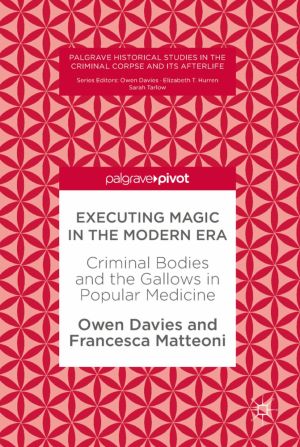
This book explores the magical and medical history of executions from the eighteenth to the early twentieth century by looking at the afterlife potency of criminal corpses, the healing activities of the executioner, and the magic of the gallows site. The use of corpses in medicine and magic has been recorded back into antiquity. The lacerated bodie...

This book analyses the different types of post-execution punishments and other aggravated execution practices, the reasons why they were advocated, and the decision, enshrined in the Murder Act of 1752, to make two post-execution punishments, dissection and gibbeting, an integral part of sentences for murder. It traces the origins of the Act, and t...
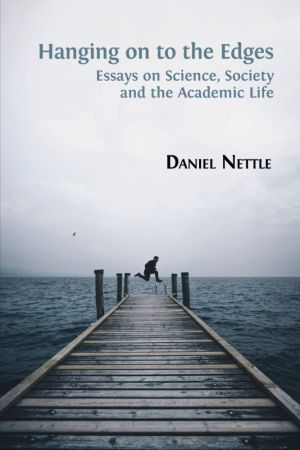
What does it mean to be a scientist working today; specifically, a scientist whose subject matter is human life? Scientists often overstate their claim to certainty, sorting the world into categorical distinctions that obstruct rather than clarify its complexities. In this book Daniel Nettle urges the reader to unpick such distinctions - biological...
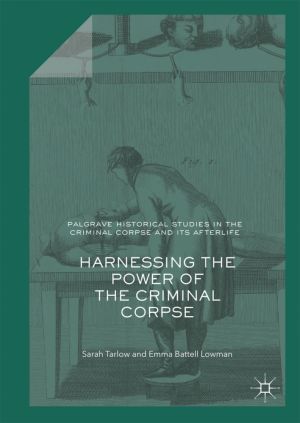
This book is the culmination of many years of research on what happened to the bodies of executed criminals in the past. Focusing on the eighteenth and nineteenth centuries, it looks at the consequences of the 1752 Murder Act. These criminal bodies had a crucial role in the history of medicine, and the history of crime, and great symbolic resonance...
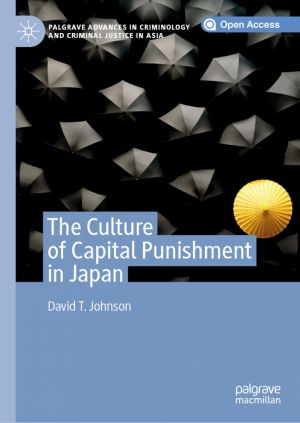
This free book provides a comparative perspective on capital punishment in Japan and the United States. Alongside the US, Japan is one of only a few developed democracies in the world which retains capital punishment and continues to carry out executions on a regular basis. There are some similarities between the two systems of capital punishment b...
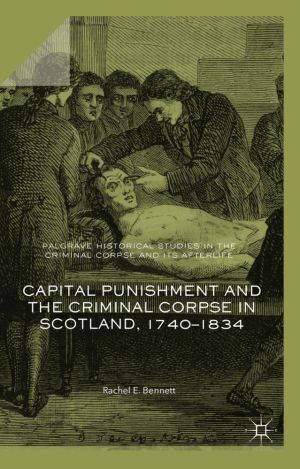
This free book provides the most in-depth study of capital punishment in Scotland between the mid-eighteenth and early nineteenth century to date. Based upon an extensive gathering and analysis of previously untapped resources, it takes the reader on a journey from the courtrooms of Scotland to the theatre of the gallows. It introduces them to seve...
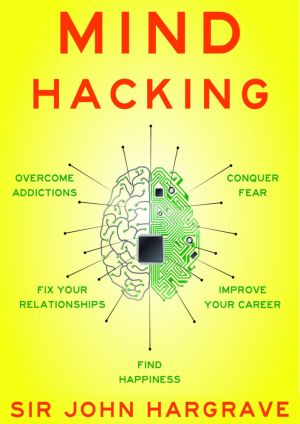
Have you ever wished you could reprogram your brain, just as a hacker would a computer? In this 3-step guide to improving your mental habits, learn to take charge of your mind and banish negative thoughts, habits, and anxiety - in just 21 days!
A seasoned author, comedian, and entrepreneur, Sir John Hargrave once suffered from unhealthy addictio...
